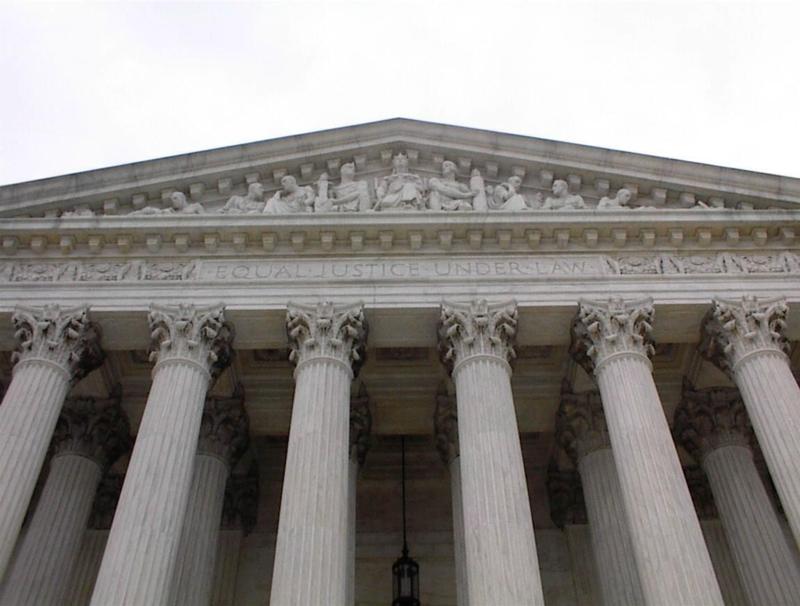 US components manufacturer issues response to court’s decision to grant Lexmark certiorari regarding false-advertising allegations made against the OEM by Static Control.
US components manufacturer issues response to court’s decision to grant Lexmark certiorari regarding false-advertising allegations made against the OEM by Static Control.
Following the report that the US Supreme Court has agreed to hear Lexmark’s appeal against Static Control’s false advertising claims earlier this week, Static Control has issued a response to the decision, with the company emphasising that the latest case before the Supreme Court does not affect the verdicts issued in its favour in an earlier patent infringement case between the two companies, including the Sixth Circuit’s ruling that Static Control was entitled to pursue its counterclaims against Lexmark for antitrust violations and false advertising under North Carolina state law.
The issue that will be heard by the court is regarding the legal right or “standing” of a company to assert a false advertising claim under the federal law known as the Lanham Act, with Static Control noting that different courts of appeals have historically applied different tests to determine a company’s standing.
The company explained that several courts apply a “categorical” test giving standing only to competitors; three other courts apply by analogy the same test courts use to evaluate antitrust claims; while the Sixth Circuit and Second Circuit look to whether the plaintiff can demonstrate a “reasonable interest” that is protected under the Lanham Act, as was the case when the Sixth Circuit ruled in Static Control’s favour last August.
Commenting on the Court’s decision, William London, Static Control’s general counsel, said: “Static Control’s counterclaims allege that Lexmark targeted Static Control’s products with false advertising statements, and as a result Static Control incurred harm to its business and goodwill. This is precisely the type of conduct that is prohibited by the Lanham Act, and past case law affirms Congress’s intention in such circumstances to protect companies like Static Control.
“While Static Control regrets that the Court chose this case as the vehicle to clarify the differences among the tests applied by the different courts of appeal, we are confident that at the end of the day Static Control will continue to have standing to pursue its claims and obtain redress for the harms caused by Lexmark’s unfair competition and anticompetitive practices.”
